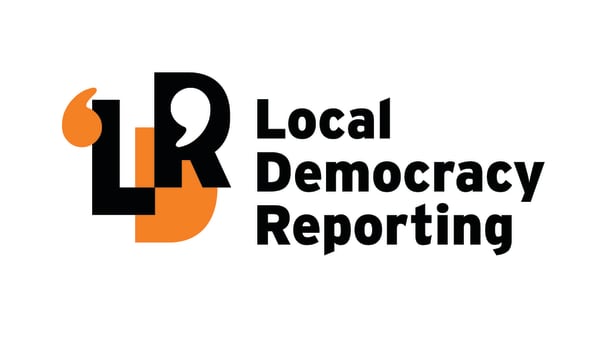Court rules in favour of council’s increased rates for gold variety orchards
Gold kiwifruit growers are staring down the barrel of a sustained hike in their rates after failing in their appeal of a High Court decision.
It concludes a two-and-a-half year battle between orchardists and Gisborne District Council, which began in December 2020 when the council increased rates based on the lucrative nature of the vines and the extra value they added to land.
Gold kiwifruit orchards sold for approximately $1 million per hectare compared to $400,000 for green kiwifruit, a Court of Appeal judgement released yesterday said.
Those numbers were significantly higher than other crops such as oranges, avocados and feijoas ,which normally fetched $30,000 to $50,000 per hectare.
But the council’s 2020 move — backed by the Valuer General — received pushback from local grower Tim Tietjen of The Bushmere Trust, who was supported by NZ Kiwifruit Growers Incorporated.
Mr Tietjen took exception to his small orchard’s capital value increasing from
$1.65 million to $4.1 million, and brought the matter to the Land Valuation Tribunal on behalf of all gold growers in the region.
In February 2022, the tribunal ruled in favour of Mr Tietjen and declared the licences should not be seen as an improvement to the land.
The celebrations were shortlived for growers when the High Court overturned that decision in August 2022.
The council successfully argued the tribunal’s decision was a double standard because it required the value of all plant variety licences be deducted from property values without deducting the value of the vines.
In November 2022, the High Court granted The Bushmere Trust an opportunity to take its case to the Court of Appeal. The principal issue was whether SunGold kiwifruit grown under licence affected the capital value of the land.
A hearing was held in May and the Court of Appeal’s dismissal decision was released yesterday.
The court said that in the event of Bushmere selling up, the orchard could be expected to fetch a price that reflected the value of its golden kiwifruit vines.
“An orchard that is planted in SunGold vines sells for a materially higher price than an orchard planted in other vines,” the judgement read.
“While the licence is personal property, the price that Bushmere would expect to obtain if it were to sell its orchard would reflect, amongst other matters, the fact that the kiwifruit vines grown by Bushmere are SunGold.”
Speaking to Local Democracy Reporting, Mr Tietjen said the decision had come as a shock and he was “very disappointed”.
Most growers were facing either a two- or three-fold increase to their rates, he said, and kiwifruit growers were doing it tough.
“The economic landscape was a lot different to when this was first brought in.
“Kiwifruit had had probably three or four of the best years we’d ever had. Since the decision, we’ve had two pretty horror seasons.”
The Bushmere Trust owns a 5.86-hectare block about 10km from Gisborne, of which
3.11ha is used for golden kiwifruit.
Its rates jumped from around $4400 for 2020-2021 to about $8220 for 2021-2022, Mr Tietjen said.
The $4.1m revaluation it received in 2020 would have been about $2.8m had it been updated under existing frameworks.
Around 50 local growers could be affected by the outcome of the rating saga and there are implications for those growing the variety outside of the region.
Gisborne District Council was the first local government entity to bring in the new rating approach.










